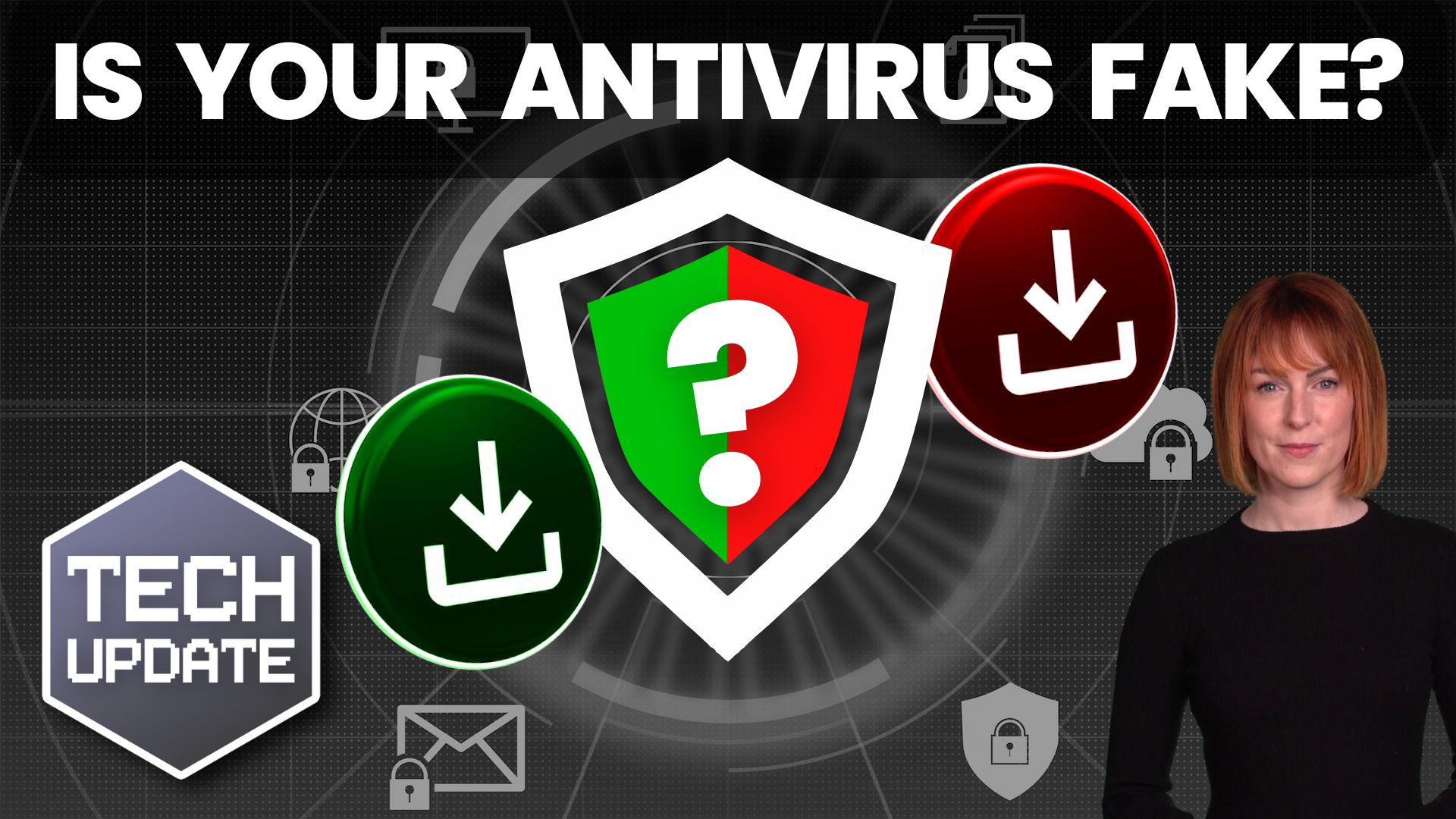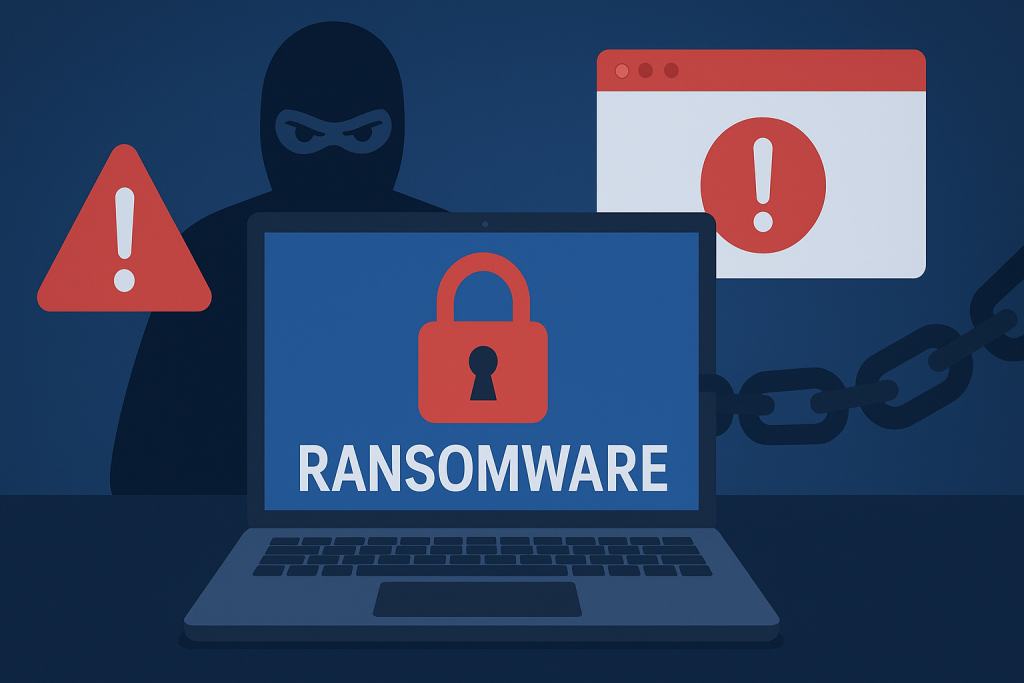When you’re trying to protect your business, downloading antivirus software feels like the smart move. But what if the very software you install is the threat itself?
Unfortunately, that’s exactly what cyber criminals are banking on.

Fake Antivirus Websites: A Growing Threat
Criminals are becoming increasingly sophisticated at creating convincing fake websites that mimic trusted brands in the cyber security industry.
A recent case involved a fraudulent copy of a well-known security company’s website. The design looked almost identical to the genuine site – complete with logos, layout, and even a prominent “Download” button.
But clicking that button didn’t install antivirus protection. Instead, it triggered the download of a file named StoreInstaller.exe, which secretly installed VenomRAT (short for Remote Access Trojan).
Remote Access Trojans (RATs) give attackers full control over your computer without your knowledge. Once installed, criminals can:
- Steal passwords and sensitive data
- Record keystrokes
- Activate webcams and microphones
- Install additional malicious software
In short, RATs are designed to turn your computer into an open door for attackers.
What Cyber Criminals Are Really After
In this case, the attackers weren’t just spying – they were stealing.
Researchers found that the fake antivirus site was designed to capture login details and cryptocurrency wallet information. With this access, criminals could either sell the stolen data or use it directly to steal money.
And it’s not limited to antivirus software. Fraudsters have also impersonated banks, IT service companies, and even government agencies to trick people into lowering their guard.
Some fake websites are even hosted on legitimate platforms such as Amazon Web Services, making them appear trustworthy at first glance. This tactic is known as brand impersonation and is one of the fastest-growing forms of cybercrime.
The Business Impact of Falling Victim
For businesses, the consequences of falling victim to a fake antivirus scam can be severe:
- Data Loss – Sensitive company or client data could be stolen.
- Financial Damage – Attackers may directly steal money or cause costly disruption.
- Reputation Harm – A breach that exposes client information can cause long-term damage to trust.
- Recovery Costs – Investigating, repairing, and securing systems after an incident can be both expensive and stressful.
The Information Commissioner’s Office (ICO) has strict rules around data protection in the UK. If customer information is compromised, your organisation could face penalties under UK GDPR.
How to Protect Your Business
The best defence against fake antivirus websites – and other online scams – is a combination of vigilance and robust security practices.
Here are some practical steps to reduce your risk:
- Check Website Addresses Carefully – Fake sites often use domains that look similar to the real thing (for example, swapping .co.uk for .org or adding extra characters).
- Avoid Clicking Links in Emails or Messages – If you receive a link by email, SMS, or social media, don’t click unless you are certain it’s genuine. Instead, navigate to the official website directly.
- Download Software Only from Official Sources – Especially for security tools, always download directly from the provider’s official website.
- Use Multi-Layered Security – Consider combining antivirus protection with additional layers such as endpoint detection, firewalls, and advanced threat protection. Here is the NCSC guidance on mitigating malware and ransomware attacks.
- Partner with a Trusted IT Provider – If you’re unsure, having a reliable IT partner to validate downloads and check links can save you from making a costly mistake.
Final Thought
Cyber criminals don’t just rely on complex technical exploits – they rely on people being busy, distracted, or simply trying to do the right thing. That’s why fake websites are so effective.
Taking a few extra seconds to verify before you click could save your business from a major incident.
If you’d like support strengthening your organisation’s cyber security, or if you’re ever in doubt about a download or suspicious website, we’re here to help.

